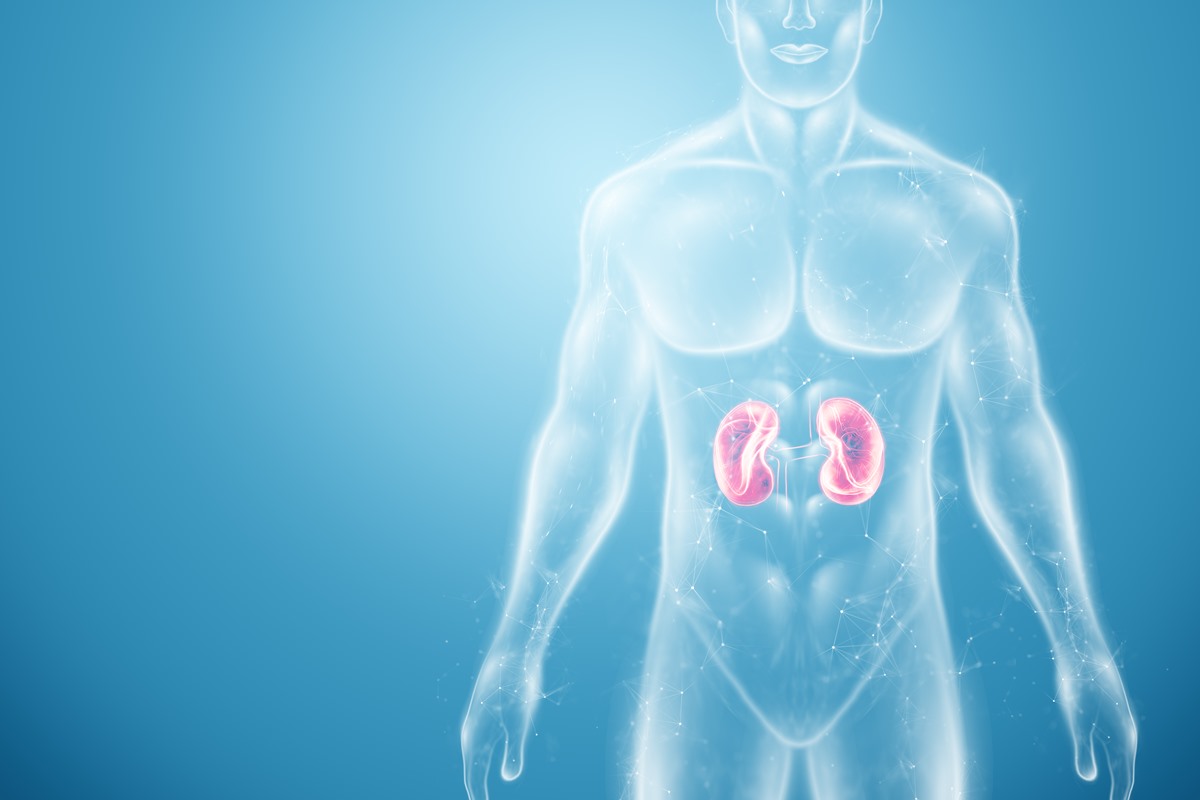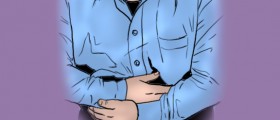Lingering pain after a nephrectomy, the removal of a kidney, is not unusual. It may help to understand what causes the pain and why.
In a partial nephrectomy, the removal of just part of a kidney, the surgeon has to do something to keep the remaining part of the kidney from leaking urine back into the bloodstream. Because the tubes inside what is left of the kidney need to be able to conduct blood and water like a little pipe, the closure of the kidney needs to have even pressure along its entire length.
The surgeon who performs your nephrectomy may use a gel foam to close the incision, or instead opt for some water-wicking material like Gore-Tex, the same material that is used to make self-drying raincoats. The sutures have to be tied with precise tension, or tightness, to ensure proper blood circulation all through the remaining, functioning tissue. Smaller, bleeding vessels are "tamponaded," which means that they are stuffed with foam or Gore-Tex, so that they will not cause internal bleeding after your surgery.
Frankly, it takes practice to get this sequence of steps right, and not every surgeon carries out the procedure with equal skill.

A radical nephrectomy, which is the total removal of a kidney, is a more radical surgical procedure. In the course of the operation, there can be injury to other organs, including the blood vessels serving the small intestine and colon. When something else happens to reduce blood circulation through these injured blood vessels, there can be intense abdominal pain. It's actually a problem in the intestines, not the kidneys, although it may arise from the surgery to remove the kidney.
Newer surgical techniques, such as robotic surgery, laparoscopy for removing the kidney (the use of a "pipe" and a camera inserted through a small incision) and renal ablative cryotherapy (freezing the kidney and removing it through a catheter) and radiofrequency ("zapping") for small tumors reduce post-operative pain in most patients. However, any surgery in which all or part of your kidney was removed is going to hurt once you wake up, and there are some things you can do on your own to reduce your discomfort.
Here are some tips:
1. Avoid dehydration. If you still have at least one functioning kidney, you can avoid vascular failure that can cause intense abdominal pain simply by not getting dehyrated. On hot days, or when you are sweating more due to more intense physical activity, drink more water. This simple step keeps blood flowing past the scar tissue from your operation and keeps your intestines and leg(s) supplied with blood circulation. If you have limited renal function, or if you are on dialysis, you may simply need to avoid the heat.
2. Contact your doctor at the first sign of infection along the incision site. For a week or two after surgery, after you have been sent home, your surgical wound may still become infected. Contact your doctor at once if there is any redness, swelling, pus, or bleeding whether the doctor cut your skin. Contact your doctor at once if there is any bulging where your kidney was removed. This could be an incisional hernia.
3. Sometimes nerves are damaged during this surgery, resulting in post-surgical neuralgia. Sometimes a very simple change in medication is all that is needed to treat this. A commonly used, inexpensive class of blood pressure medications known as beta-blockers opens blood vessels at the "periphery" of the body. This can increase circulation to nerves damaged in surgery so that they heal faster and send fewer pain signals. You have to get a prescription from your doctor, but these medications are available in tiny doses that are unlikely to have any side effects.
If you are not taking any antidepressants at all, you may decide give the natural antidepressant St John's wort a try. (There are many medications that can't be taken with St. John's wort, however. Always let your doctor and your pharmacist know you are taking the herb.) The antidepressant action of St John's wort is to reduce inflammation of nerve tissue, reducing pain to reduce depression, rather than manipulating serotonin and norepinephrine levels in the brain. It may be "just enough" treatment to make difference without side effects. Don't use St. John's wort if you have been on prescription antidepressants in the last four weeks, and don't use prescription antidepressants if you have been on St John's wort in the last four weeks, without the approval of your doctor.
If you do suffer from persistent pain after a nephrectomy, however, do not suffer in silence. Go to the doctor. The cause may be easily diagnosed and treated, and your pain may be relieved entirely.
- Novick AC, Stewart BH, Straffon RA, Banowsky LH. Partial nephrectomy in the treatment of renal adenocarcinoma. J Urol. Dec 1977.118(6):932-6.
- Robson CJ. Radical nephrectomy for renal cell carcinoma. J Urol. Jan 1963.89:37-42.
- Photo courtesy of SteadyHealth














-Signs,-Symptoms,-Treatment-And-Prevention_f_280x120.jpg)

